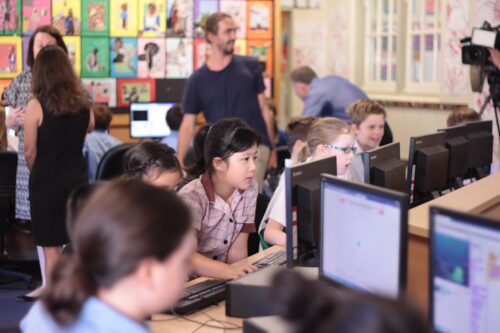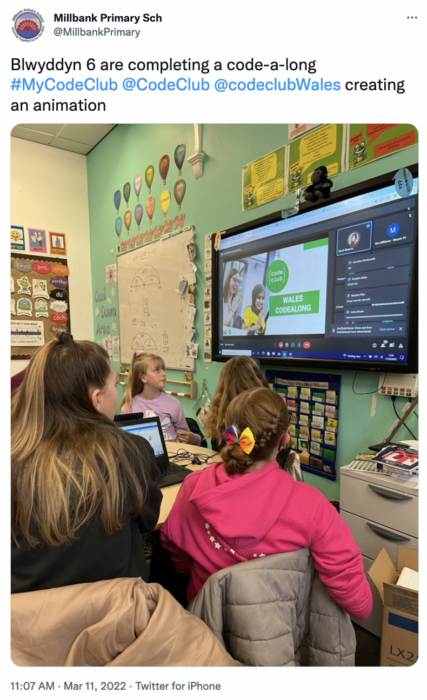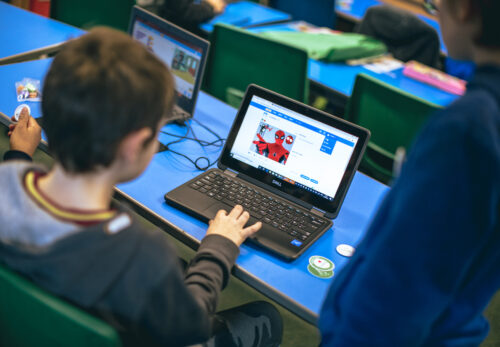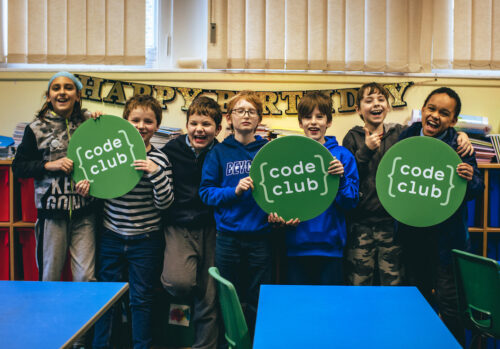Post Syndicated from Nina Szymor original https://www.raspberrypi.org/blog/translating-free-coding-computing-resources-improved-educational-social-outcomes/
All young people deserve meaningful opportunities to learn how to create with digital technologies. But according to UNESCO, as much as 40% of people around the world don’t have access to education in a language they speak or understand. At the Raspberry Pi Foundation, we offer more than 200 free online projects that people all over the world use to learn about computing, coding, and creating things with digital technologies. To make these projects more accessible, we’ve published over 1700 translated versions so far, in 32 different languages. You can check out these translated resources by visiting projects.raspberrypi.org and choosing your language from the drop-down menu.
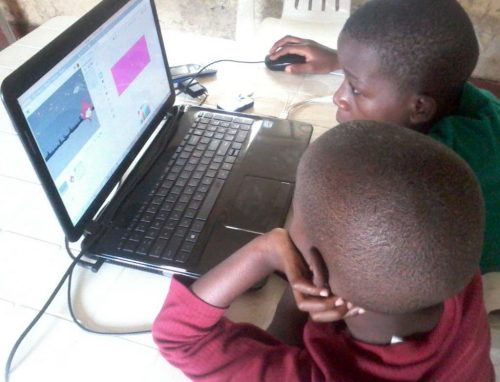
Most of this translation work was completed by an amazing community of volunteer translators. In 2021 alone, learners engaged in more than 570,000 learning experiences in languages other than English using our projects.
So how do we know it’s important to put in the effort to make our projects available in many different languages? Various studies show that learning in one’s first language leads to better educational and social outcomes.
Improved access and attainment for girls
Education policy specialists Chloe O’Gara and Nancy Kendall describe in a USAID-funded guide document (1996, p. 100) that girls living in multilingual communities are less likely to know the official language of school instruction than boys, because girls’ lives tend to be more restricted to home and family, where they have fewer opportunities to become proficient in a second language. These restrictions limit their access to education, and if they go to school, they are more likely to have a limited understanding of the dominant language, and therefore learn less. Observations in research studies (Hovens, 2002; Benson 2002a, 2002b) suggest that making education available in a local language greatly increases female students’ opportunities for educational access and attainment.
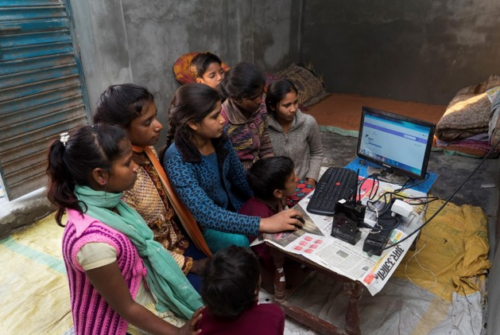
Improved self-efficacy
Research studies conducted in Guinea and Senegal (Clemons & Yerende, 2009) suggest that education in a local language, which is more likely to focus on the learner’s circumstances, community, and learning and development needs, increases the learner’s belief in their abilities and skills, compared to education in a dominant language.
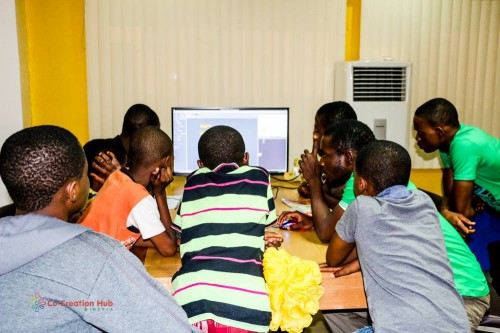
Improved test scores
Learning in a language other than one’s own has a negative effect on learning outcomes, especially for learners living in poverty. For example, a UNESCO-funded case study in Honduras showed that 94% of pupils learned reading skills if their home language was the same as the language of assessment. In contrast, among pupils who spoke a different language at home, this proportion dropped to 62%. Similarly, a UNESCO-funded case study in Guatemala showed that when students were able to learn in a bilingual environment, attendance and promotion rates increased, while rates of repetition and dropout rates decreased. Moreover, students attained higher scores in all subjects and skills, including the mastery of the dominant language (UNESCO Global Education Monitoring Report, Policy Paper 24, February 2016).
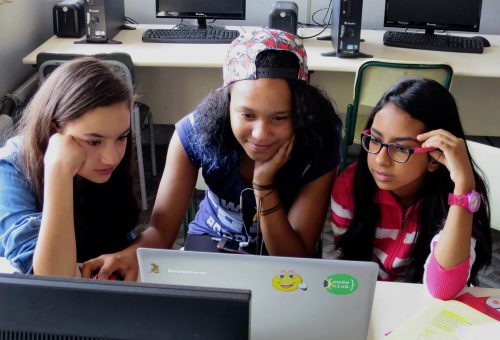
Improved acquisition of programming concepts
A survey conducted by a researcher from the University of California San Diego showed that non-native English speakers found it challenging to learn programming languages when the majority of instructional materials and technical communications were only available in English (Guo, 2018). Moreover, a computing education research study of the association between local language use and the rate at which young people learn to program showed that beginners who learned to program in a programming language with keywords and environment localised into their primary language demonstrated new programming concepts at a faster rate, compared with beginners from the same language group who learned using a programming interface in English (Dasgupta & Hill, 2017).
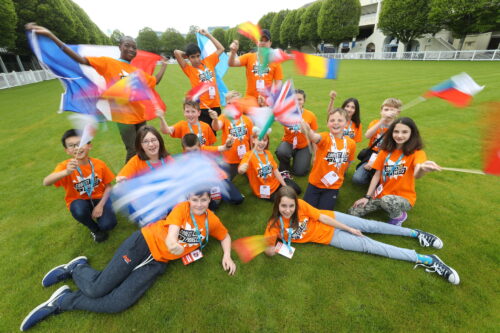
You can help with translations and empower young people
It is clear from these studies that in order to achieve the most impact and to benefit disadvantaged and underserved communities, educational initiatives must work to make learning resources available in the language that learners are most familiar with.
By translating our learning resources, we not only support people who have English as a second language, we also make the resources useful for people who don’t speak any English — estimated as four out of every five people on Earth.
If you’re interested in helping us translate our learning resources, which are completely free, you can find out more at rpf.io/translate.
The post Why we translate our free online projects for young people to learn coding appeared first on Raspberry Pi.
